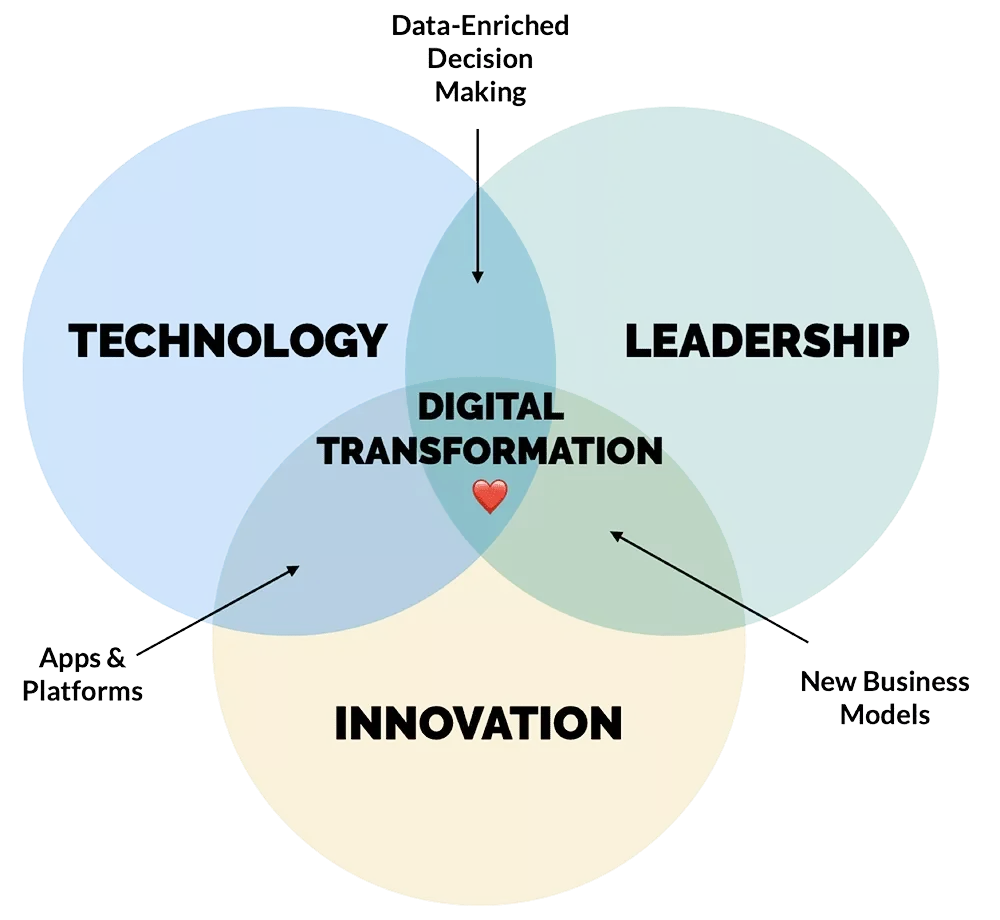How to become a recognized Digital Transformation Consultant?

Becoming a recognized Digital Transformation Consultant takes time and effort, but it is achievable with the correct skills and expertise.
Digital Business is the ability of organizations to maintain a competitive advantage in the digital context through effective exploitation of digital opportunities (Nwankpa & Datta, 2017). As new technologies emerge at an unprecedented rate, it becomes more difficult for organizations to stay abreast of the most recent technologies and comprehend how to use them effectively. Companies need to develop solid strategies based on a deep understanding of customers and competitors to achieve these goals.
Nowadays, there is a shortage of skilled people in the field of digital transformation in general and in Jordan specifically. It is noticeable that only very few organizations are investing in digitalization. This is why I am seeking future opportunities to gain more practical experience to help businesses digitally transform their business models.

The digital transformation of business is a growing trend that has been making for years, but it is something that nonprofits are finally starting to pay attention to. Companies and organizations that do not embrace digital methods will fall behind as the world increasingly relies on technology and data analysis tools. Some nonprofits have started to take advantage of these new technologies. However, they are still working with an outdated mindset regarding handling their data and communicating with their donors and supporters. This is especially true for nonprofit organizations like those in Jordan, struggling to deliver support to their people since COVID-19 hit the country in 2020 (What Does Nonprofit Digital Transformation Look Like?, 2021).
My Time in Salford Business School
By studying a master’s program in digital business at Salford Business School, I gained a wide variety of skills to help me in my career as a digital transformation consultant; this includes project management, leadership, teamwork, and innovation. However, what helped me become a better professional was the diversity of knowledge I gained from the different modules I studied during my Master’s. The most important modules for my career path were digital marketing, entrepreneurship, and business skills.
While studying, researching, and applying the tools and concepts learned in the modules of digital marketing and entrepreneurship, I have enhanced my knowledge about the key topics that are essential for today’s businesses: digital marketing, market research, social media, customer experience & analytics.
Having a profound understanding of such concepts is a powerful key to improving my skills as a digital transformation consultant, which, in turn, leads to better planning and execution of plans while working with my clients. Also, I have learned a lot about how to start a business from scratch and manage it successfully. This knowledge is essential when working with start-ups or small businesses aiming for growth. But besides these important topics, I have also learned how to be an effective leader and how to present myself professionally. I believe these skills are essential for every consultant, especially when working with clients who are not involved in the IT field.
So overall, all these skills will make me more effective in delivering high-quality client-oriented results.
Works Cited
Nwankpa, J., & Datta, P. (2017). Balancing exploration and exploitation of IT resources: the influence of Digital Business Intensity on perceived organizational performance. European Journal Of Information Systems, 26(5), 469-488. doi: 10.1057/s41303-017-0049-y
What Does Nonprofit Digital Transformation Look Like? (2021). Impact Networking; www.impactmybiz.com. https://www.impactmybiz.com/blog/nonprofit-digital-transformation/

